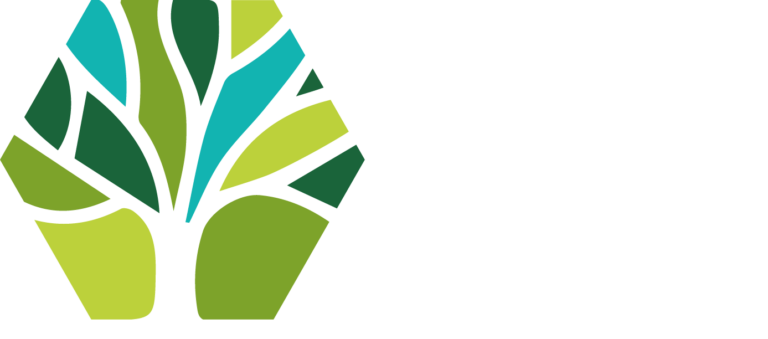Pipeline programmes for young people aged 16-19 years
Green and pipeline programmes for young people





Where are we now?
There currently are no full-time study programmes for young people aged 16-19 years which are specifically designed to support a young person progressing into a green job in the green economy.
We have, therefore, provided data of participation on full time courses which are likely to prepare a young person to enter a deep green occupation or which are likely to be important to the future of the region’s economy as it transitions to a greener economy. We are using the phrase ‘pipeline programmes for young people’ to describe this provision.
The 16-18 dashboard shows the enrolments of 16–18-year-olds undertaking programmes in Automotive, Construction and Building Services, Engineering, ICT and Science and recognises that learners on programmes in these sector areas are the pipeline of future employees who could meet the emerging skill needs of an economy moving towards net zero. Their current 16-18 courses are likely to include content relevant to green skills and many will require further updating and specialisation as adults to address very specific green skills requirements.
The 16-18 dashboard focuses on level 2 and 3 vocational enrolments greater than 360 hours in length in green-related subject areas that are likely to be a learner’s core aim.
Key data
Automotive
The West Midlands has reasonable levels of participation in pipeline programmes for young people in automotive, behind only the east midlands and the northeast. The number of 16-18-year-olds in vocational learning in Automotive has been declining very slowly year on year for four years.
Predominantly, these programmes are at level 2 in vehicle maintenance and repair. The proportion at level 3 rose from 23% to 27% in 2023/24. 93% of learners study at a college.
The proportion of female learners remains stubbornly low at 6% but the proportion of learners from diverse ethnic backgrounds increased by 12% last year.
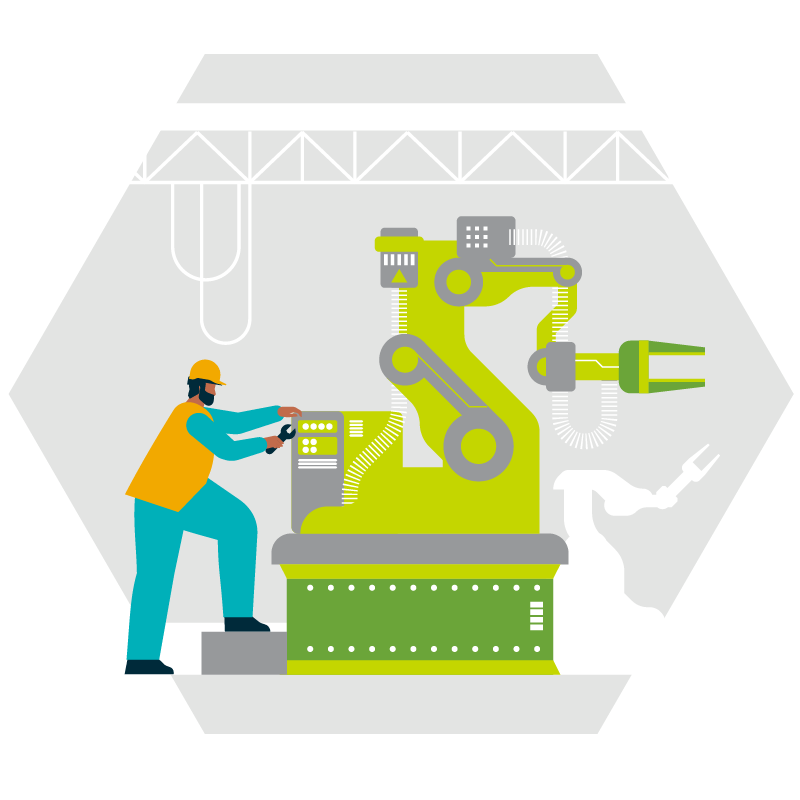
Construction & Buildings Services
In the West Midlands 1,907 in 100,000 people of working age are studying in this area and benchmarked with other regions the West Midlands is in the bottom half of the table. The Northwest has the greatest concentration, and this figure rises to 2,593 per 100,000.
The number of 16–18-year-olds on Construction and Building Services programmes is high relevant to other subjects and increased by 7% on the previous year. At 4,079 the 2023/24 enrolments were the highest in four years. Almost all study in a college setting and 69% are at level 2, but the proportion of study at level 3 rose by last year to 31%.
95% are male (1% less than in 2022/23) and 27% are from ethnically diverse backgrounds (4% less than in 2022/23).
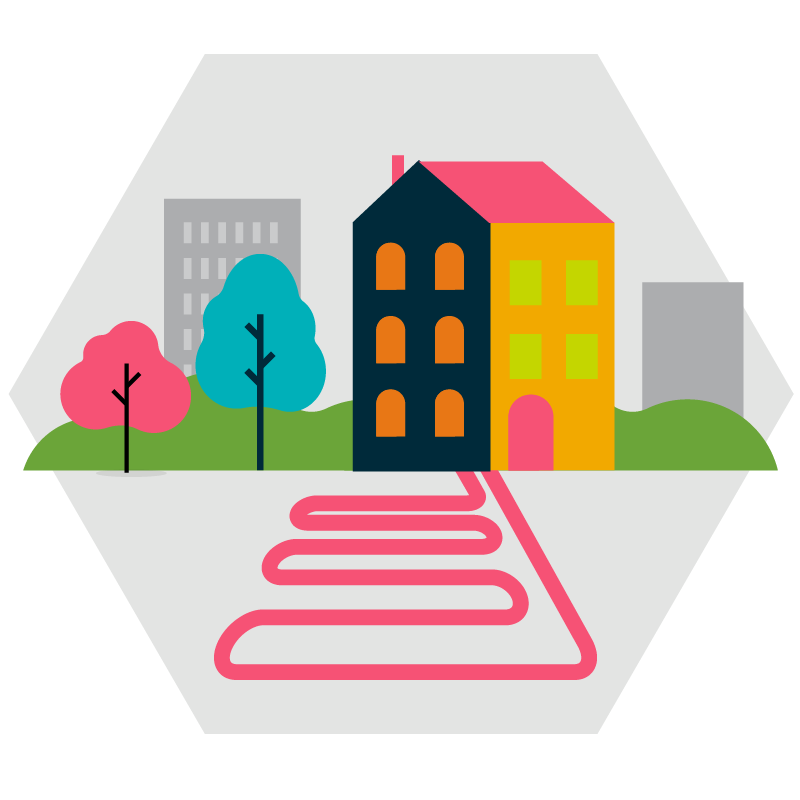
Engineering
After three years of year-on-year decline, in 2023/24 the number of 16–18-year-olds on engineering programmes rose by 3% to 2,522. This represents 1,179 people per 100,000 of working age people and places the West Midlands mid-table in the national rankings.
The majority (72%) of programmes are at level 3 across a range of disciplines including engineering, advanced manufacturing, and maintenance and repair engineering. The number on T Level pathways increased to 343 from 133 the year before.
81% learn at a college.
The proportion of female learners is low but increased by 1% last year and the proportion of learners from ethnically diverse backgrounds is 37%.
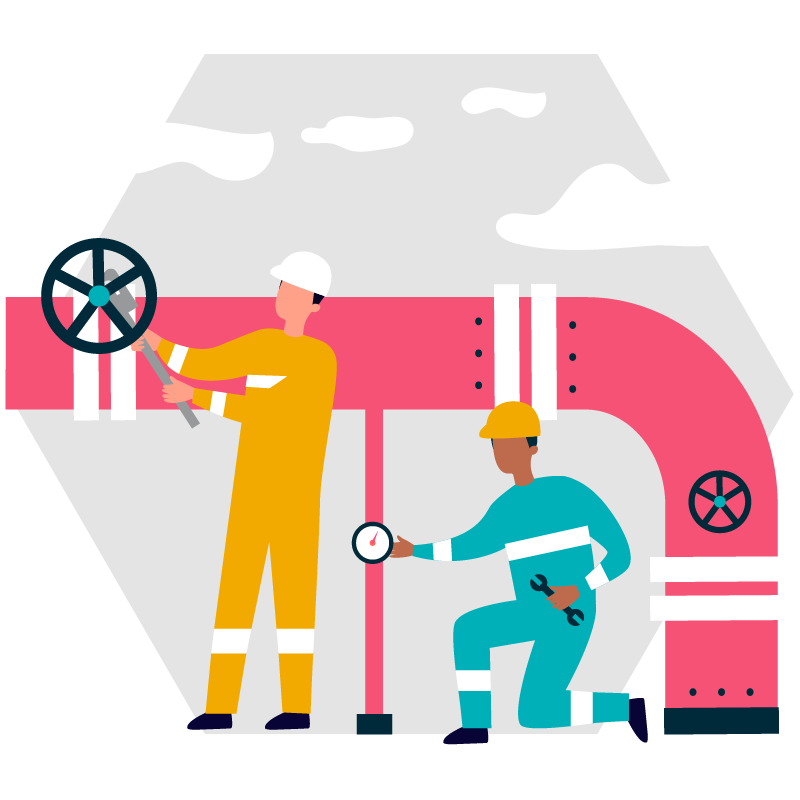
Information and Communication Technology
The West Midlands has reasonably high levels of participation in pipeline programmes for young people in information and communication technology, only lagging behind the northwest.
Numbers remained stable over the past four years at around 3,350 and 77% are learning at a college.
The majority (82%) of programmes are at level 3 across a range of disciplines including in IT and creative technology, digital production and design, computing, and cyber security. There is a modest level of participation in T levels.
There is a concerning gender disparity, with only 11% of female learners. Almost half are from a diverse ethnic background.
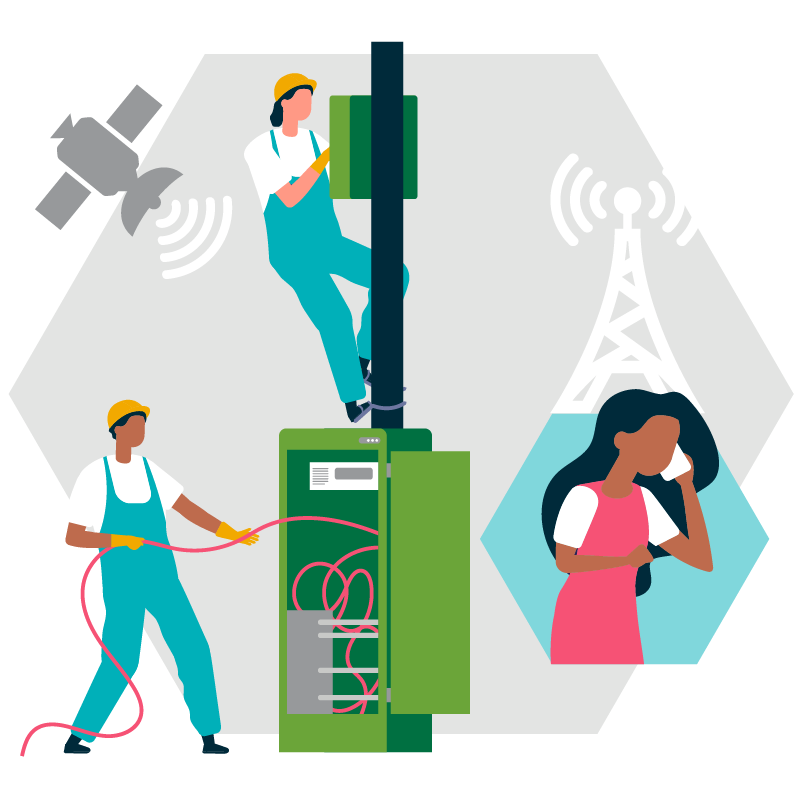
Science
The West Midlands has reasonably high levels of participation in pipeline programmes for young people in science, lagging only behind the northwest and Yorkshire and the Humber. Learner numbers in Science have increased steadily over the past four years by over 18%.
94% of programmes are at level 3 across a range of disciplines including applied science, forensic science, human biology, and medical science. There is modest participation in T levels.
Colleges support over two-thirds of young people on full time programmes in science. There are high levels of female participation making up 66% of learners. Over half the learners are from diverse ethnic backgrounds.
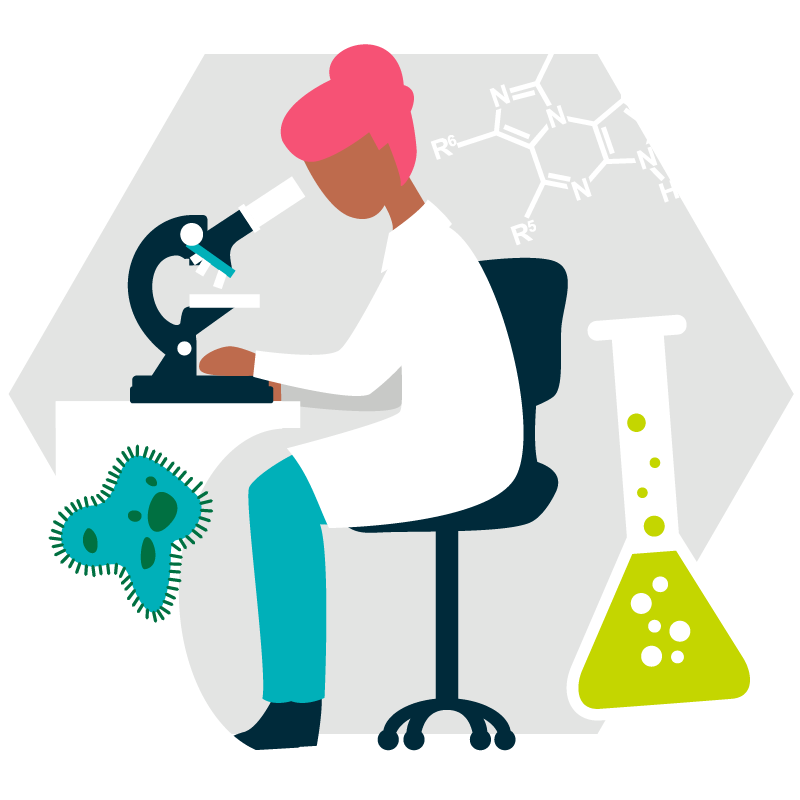
Explore the data
Click here below to choose your sector
Case Studies
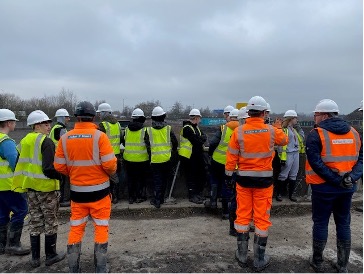
The site visit was a great insight on how land contamination is controlled around the work site and Laurence explained how it is measured and managed and what procedures are in place.
Students enthuse about the benefit of real work scenarios
